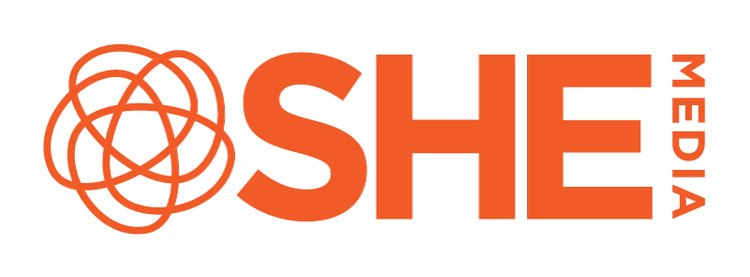The Digital Economy and Coronavirus
Updated March 19, 5:30PM
While we all take in the recent and undoubtedly future adjustments to everyday life that have been brought on by the coronavirus, let’s take a minute to review some ways it could impact your business as a digital publisher.
Advertisers spend millions of dollars a year to understand consumer buying habits. They use that research to help inform who they should advertise to, how and what size advertising budgets to apply in order to meet their fiscal sales goals. Digital advertising, specifically, has gained mass popularity by brands due to its efficiency and controllability.
However, any time consumer behavior is disrupted due to local or worldly circumstances, so is the advertising model and ability for an advertiser to predict the effectiveness of their ad spend across all platforms. While digital has a strong place in the advertising mix, it is just as susceptible to volatility as print, television or radio. We should expect to see changes to how advertisers spend across all platforms whenever we see large consumer or market behavior shifts. It’s important to understand that while a shift may mean a reduction of advertising spending, it may also mean other areas of opportunity.
What we can expect
Immediately, we might see certain areas impacted more than others. In this instance of Coronavirus, cruise lines and travel brands may pull back budgets as people begin to travel less and those companies deal with the increase of cancelations. At the same time, more people are spending time at home which may boost things like online shopping and (home) entertainment.
As a publisher, this means you might consider how you can leverage the shift in dollars from (example) Travel to e-commerce and home based activities.
What can we do
Some things you can do as a publisher are to continue to focus on high-quality, brand safe content. Think about what your users need most from you right now in this situation and address it. We also would recommend reviewing your ad placement, even if temporarily to ensure you are making inventory available in areas that advertisers might be seeking such as video, native and high-impact ad units.
As with most industries, in a bear market or recession, advertising will decline and with that means a decline in revenue per session for publishers, across the board.
We also recommend avoiding an abundance of COVID related keywords, particularly if your content niche is not health related. Many sites are attempting to incorporate the virus into service pieces, even when health isn't a normal content vertical they would cover. Increasingly COVID related keywords are making their way onto block lists for advertisers. This is industry wide. That means content with these keywords may block you from receiving advertising (ads) and ultimately result in either lower than normal RPMs (Revenue for that article).
Some examples of the more common keywords being blocked by IAS are: covid, coronavirus, china virus, pandemic, virus and epidemic.
While COVID content may be a traffic driver, we just want to make sure that the content you are generating is actually valuable (and accurate) for your readers.
While we do not know exactly how this will all unfold, SHE Media, with well over a decade of experience, has been through challenges with publishers before. We have taken measures to preserve the health and wellness of our employees and related systems so that there are zero interruptions to our focus on your business. We are in constant communication with all major advertising agencies, exchanges and demand partners which gives us the inside track on any shifts in ad spend behavior or advertiser needs.
Stay in touch
While we continue to monitor the situation, please do reach out to support@shemedia.com with any questions or concerns. As we have new information, we will continue to communicate them via updates to this post or in our SHE Media Partner Network Facebook page.
Sincerely,
Ryan, Deb and your SHE Media Partner Team
